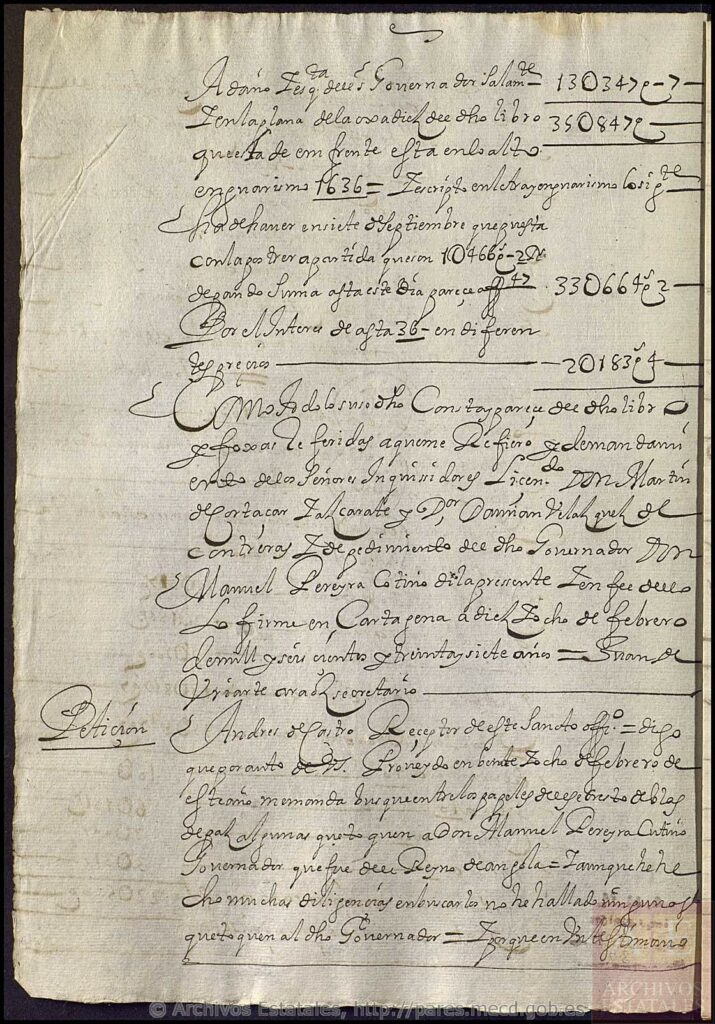
Conducting Research from Afar: Theses and Dissertations in the Era of COVID-19
The ongoing COVID-19 pandemic has resulted in closed archives, restricted travel, and research projects abandoned or stalled. Nevertheless, the History and Philosophy of Science cohort continues to try and conduct research in any way possible from the quarantine and safety of our own homes. Though delayed or altered, the cohort continues to make progress on their theses or dissertations. The following strategies have made this possible.
Access archival materials online
When and where available, cohort members have accessed research materials through archives online. Many archives have at least some materials digitized and available to researchers at no cost.
While these websites can be difficult to navigate, familiarity with finding aids, search terms, and catalogues is a useful skill whether you’re able to travel to the archive or not. Documents can often be saved as images or as pdf files for ease of access from home.

Request copies of archival materials
In cases where material is not digitized, cohort members have requested scans or copies of archival documents.
Keep in mind that we’re not the only researchers in need of material. After being closed for months, archives are backlogged with requests for copies and scans of materials and often working with minimal staff in the interest of safety. Be patient and kind to library and archival staff who are working hard to make research possible.
Your patience will pay off though. PhD candidate Miriam Lipton was able to obtain Freedom of Information Act (FOIA) documents from the CIA after an extended waiting period.
Reach out to other scholars
The difficulties and restrictions of the pandemic have influenced many scholars to share their unused primary sources with other researchers. It never hurts to reach out.
“The archivists at the museum that I was supposed to visit this summer were very helpful in putting me in contact with people who had digitized some of the material before.”
MA Student Picabo Fraas
“I think that if it weren’t for Covid I probably wouldn’t have necessarily looked at these avenues. I have been contacting researchers who have published articles in fields similar to mine, asking if they have any materials from past trips that they did that helped them in the writing process. For me, this has actually been really successful mode of getting primary sources. I have found that in these times researchers have been really generous with offering primary source materials. And because our research interests are similar but not exactly the same, the sources that they used for their articles are different than the sources that I find useful for my own research.”
PhD candidate Miriam Lipton
Networks of archivists, librarians, and researchers are valuable resources for those of us working to complete our theses and dissertations.

Translated/transcribed primary sources
In some cases, secondary sources that translate or transcribe primary sources are available. For my own research on inquisitorial prosecution of Portuguese Jewish surgeons in the Spanish Viceroyalties, a number of Inquisition cases have been transcribed in secondary sources, more easily available and accessible from a distance.

Splendiani’s volumes translate two Inquisition books from Cartagena de Indias, Colombia.
What to do with the sources you can access?
Tropy. Our cohort has embraced this software as a lifeline. This free software has been used by each of our cohort members as we transcribe our archival materials. Tropy supports a number of different file types and facilitates organization and transcription of archival materials for any type of research. The program is available for both Mac and PC users.

Tropy allows you to group your images into one item and transcribe each image separately. You can also tag each item with keywords that help for easy searching and identification.
Organization of archival materials is key to productive research and Tropy has helped each of us to group, translate, and transcribe our materials in preparation for writing.
The American Historical Association recommends this useful application for all researchers who work with archival materials:
Research Clutter: A New App Helps Create Order out of Disorder

Adapt
Given the closed archives and restricted travel, flexibility is key. In reality, we don’t know when we will be able to travel for research again, or when libraries and archives will open for researchers. The projects some of us envisioned are not the same as those we will eventually write. This is not necessarily a bad thing.
“The digitized material that I did get ahold of was not what I had originally planned on writing my thesis on, so I had to go with what I had. I am actually very happy with the direction that my thesis has gone, although I do wish I had access to more material. It feels as if I am trying to piece together a story with only a fragment of the data. My advice for those researching at home would be to stay flexible. Although you may not get ahold of what you originally wanted, the creativity and resilience needed to form a thesis out of limited sources may result in a much more interesting project in the long run.”
Picabo Fraas on adapting her thesis research in the midst of COVID
“I think the advice that I would give to others is don’t be afraid to reach out and ask for help. There’s so much material out there and a lot of it is possible to get access to if you’re willing to ask for it. And I think looking for materials in nontraditional places is also a lesson that I’ve learned during this.
My project certainly has changed or has the potential to change as a result of Covid. I still hope to be able to get to the archives, specifically in Russia. If I am unable to do that, then my project will have to change. I’m not sure in what way exactly, but that will be something that I’ll have to think about when the time comes.”
Miriam Lipton on adapting her dissertation research in the midst of COVID
Research is changed, but still possible.
Post written by: Aimee Hisey
CATEGORIES: Graduate Students
